Yeray Mezquita, a researcher from the BISITE group and part of the TECTONIC project, recently carried out a research stay to Cosenza, Italy, collaborating with the 3D Research company.
During this period, Yeray organized an engaging workshop focusing on how blockchain technology can revolutionize maritime exploration and the preservation of cultural heritage.
Maritime exploration and cultural heritage safeguarding involve uncovering and preserving underwater archaeological sites, shipwrecks, and historically significant artifacts. However, this field often faces challenges relating to documenting, verifying ownership, establishing provenance, and combating illegal looting. These challenges can result in the loss of valuable historical artifacts and impede our collective understanding and preservation of our shared heritage.
Drawing on his expertise, Yeray highlighted how blockchain’s decentralized and secure nature could effectively address these challenges by improving documentation, ensuring provenance, and verifying ownership. The workshop shed light on the myriad benefits of blockchain technology, such as transparent and immutable documentation, because this technology securely stores information, safeguarding its integrity over time.
Moreover, adopting blockchain technology simplifies the authentication process for artifacts and historical objects, enabling the creation of their digital identities and tracing their journey through history. Additionally, smart contracts can streamline several processes associated with these valuable objects. For example, they can automate royalty payments to divers, researchers, and local communities involved in cultural heritage discovery, ensuring fair compensation and incentivizing responsible exploration practices.
In conclusion, integrating blockchain technology into maritime exploration and cultural heritage preservation brings numerous benefits. However, it is crucial to recognize that blockchain should complement existing archaeological practices and expertise. For this reason, Yeray emphasized the importance of collaboration among archaeologists, researchers, governments, and conservation organizations. Together, they can explore the potential applications of blockchain and develop standardized protocols to leverage it in the cultural heritage field.
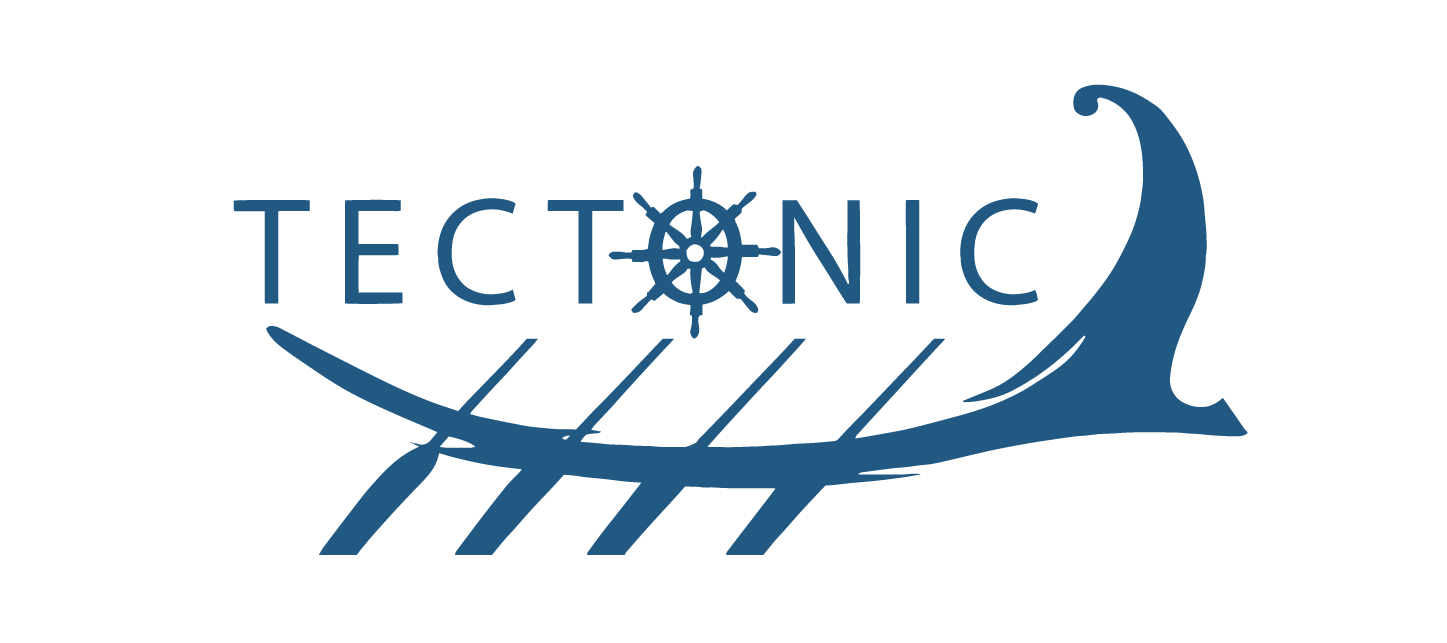
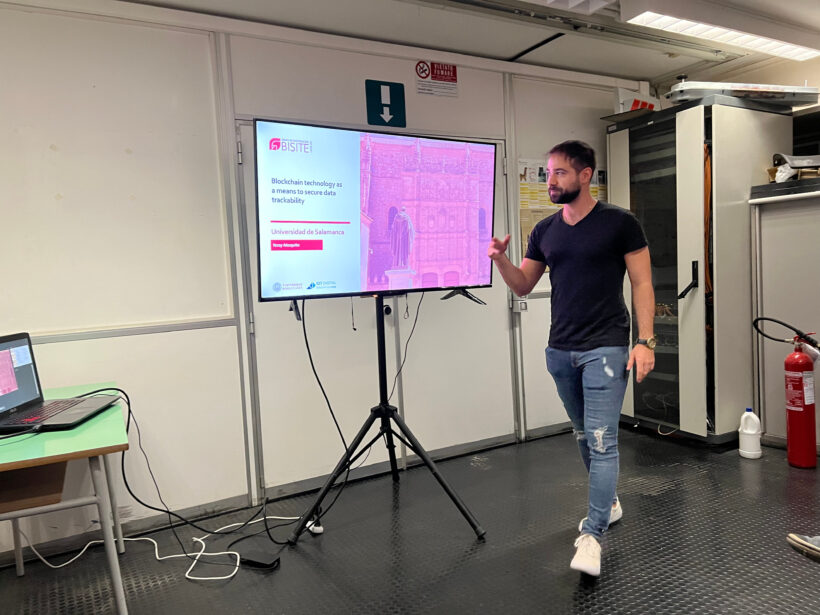
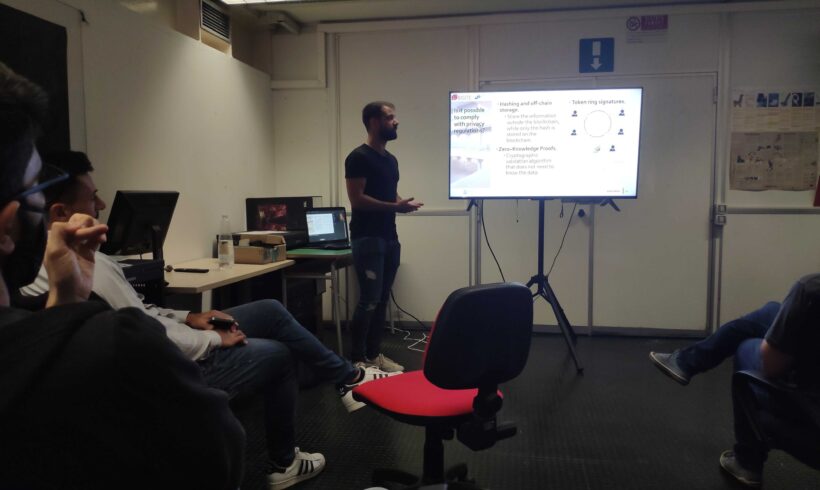
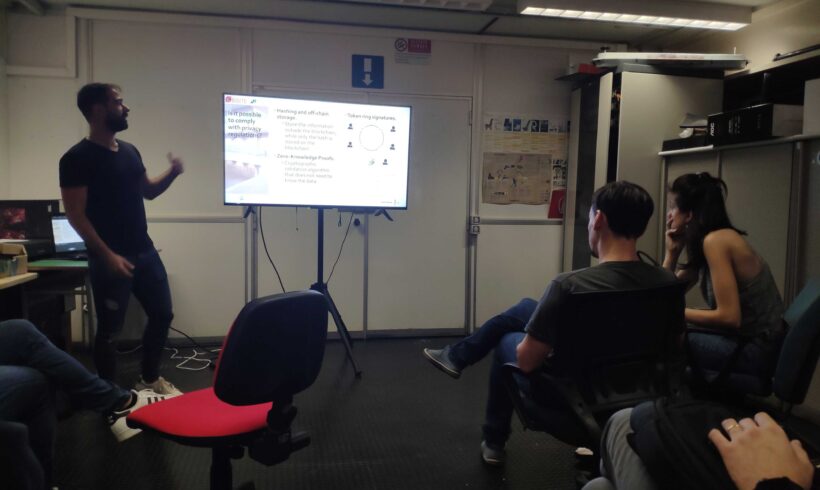
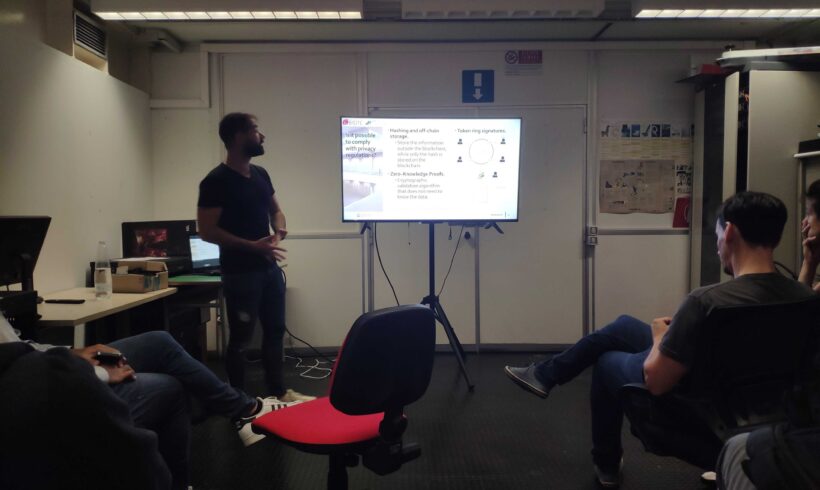
Leave a Reply